Writing a letter to your younger self is a way to acknowledge your experiences, learn from the past, and live in your truth. Moreover, it helps you build rapport with yourself. By engaging in this exercise, you can discover a different side of yourself. This may include painful and joyful memories, which are all part of your experiences.
What would you tell your younger self? -An important question to think about when going through the prompts and writing your letter. There may be things you are not proud of in your letter, but it is always important to practice self-compassion. The idea behind the letter is to reflect and let go, and it may bring healing for some people. Therefore, your letter should not feel rushed or forced. Whenever you are ready, these 30 prompts for a letter to your younger self can guide you.
How to write a letter to your younger self?
-Choose an ideal time, void of distractions. This is a time to reach deeper and possibly discover things about yourself you’ve kept hidden. Eliminate anything that will keep you away from that.
-Your younger self can be a year or a few years younger. It helps to pinpoint what phase or age of your life you are reflecting on before starting.
-This letter serves a personal purpose, but that does not mean you can’t mention other characters that played a role in your life.
-You can start with “Dear younger self” to make it personal or diary-like.
-You can take notes before writing your letter. The direction of your letter is up to you. It could be structured; for example, ‘advice to younger self ‘or you can keep it simple in the form of freewriting.
Journaling prompts
1. What did you enjoy most about your experiences?
You can write about: The experiences you had and how they have shaped you presently. In addition, you can add pieces of advice you would give yourself. For instance, a piece of advice for this prompt would be to enjoy present experiences.
2. Did you try, even when the unknown felt scary?
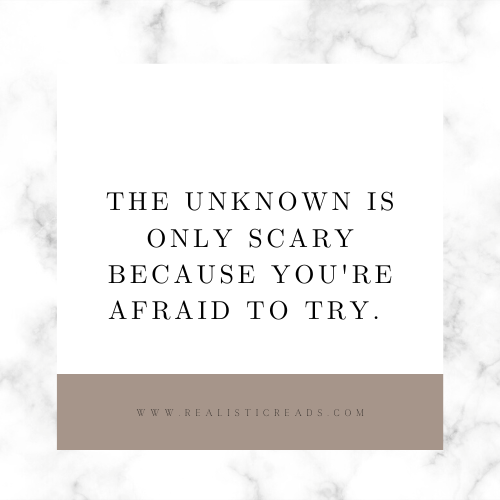
You can write about: Moments you were afraid to give yourself a chance or get out of your comfort zone.
What would you say to your younger self here? Perhaps, the unknown is only scary because you are afraid to try.
3. Describe a time you relied on or cared too much about others’ approvals.
Talk about the period you were concerned about and what other people thought of you. This is a battle many people face due to a lack of self-love, self-judgment, and judgment from others. Don’t be afraid to explore your emotions and the impacts these have had on you. Have your thoughts changed? If so, how?
4. Talk about a time you felt guilty or were made to feel guilty because you prioritized yourself.
Maybe, you were in a situation in which you were expected to assume responsibilities too heavy for your age and chose yourself. You can discuss how other people played a role in the emotions you felt or are currently still feeling.
5. Reflect on a time you felt out of place because you could not relate to other people.
Ever experienced moments you wanted to assimilate and felt like you lost yourself? What advice would you give to your younger self now that you’ve overcome those feelings?
6. Was there anything you considered a mistake at that point in your life?
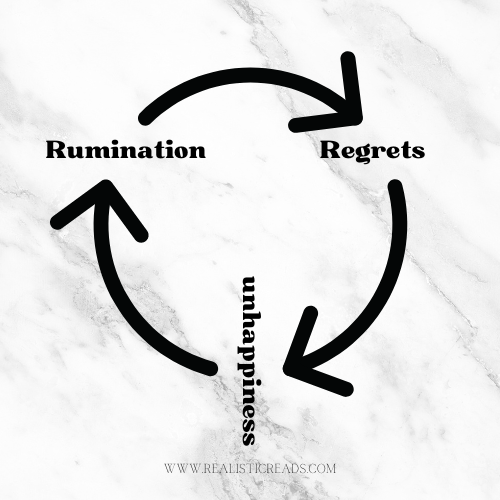
Acknowledging your mistakes is essential if you don’t want them to take over your life. You’ll make mistakes, but the most important lesson is your course of action after those mistakes. You can write about how the mistake made you feel in your letter. Mistakes are not intentional, so how do you handle them now?
7. What is something you have always been grateful for?
Let gratitude be a part of your letter. As much as your reflection may include negative experiences you want to heal from, talking about situations in which you felt grateful can be therapeutic as well.
8. Detail periods you felt uncertain about your path.
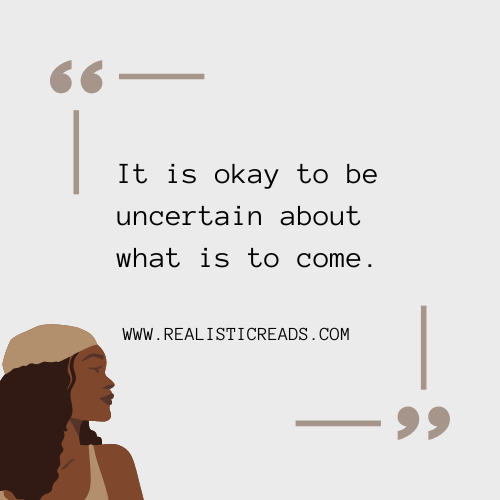
There is so much in life that is out of your control. First and foremost, it is important to accept to let go of certain things. This prompt can help you talk about a time you did not know what was to come and how it made you feel. For example, you started college and were undecided about your major, and that scared you.
9. Something that you should have focused on more.
This can mean something different based on the individual. What is something that deserved your attention? For example, you can include the important thing(s) to which you should have dedicated more time to.
10. In detail, talk about what forgiving yourself and others has done for your personal growth.
It is enlightening to be able to see how far you’ve come when you learn to forgive. Your letter can contain the experience as well as the steps you took to reach this point of forgiveness. If you have not been able to forgive, journaling how you feel can be a helpful first step.
11. What are some things you thank yourself for because you practiced patience?
Being patient is beneficial for decision-making and can also reduce stress. Here, you can talk about the positive impacts of practicing patience with yourself.
12. Describe a time you felt you were not there for yourself.
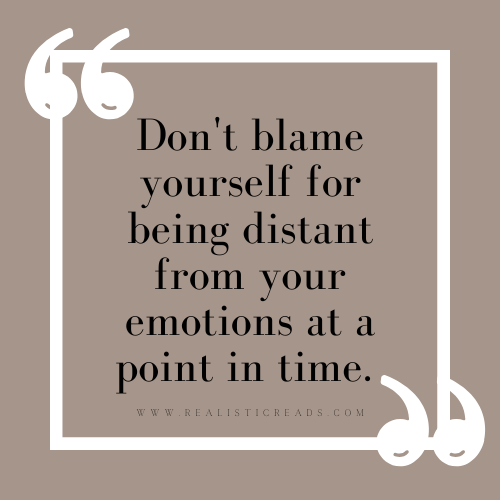
It may have been a difficult time where you had problems with your confidence and weren’t supportive of yourself. Give yourself the chance you feel those emotions if you have not dealt with them yet.
13. Write about the memories you created with your loved ones. How have these impacted you?
Support from loved ones can enhance mood and positively impact life overall. In the letter to your younger self, talk about the moments and memories you cherish.
14. Is there anything you obsessed over? Do you feel this has held you back in a way?
Social media and comparisons are all examples of elements that contribute to self-criticism. In addition, these elements can lead you to obsess over things that are outside of your control. You can talk about moments in which you had these experiences.
15. Talk about the time you honored your choices, even with opposition.
Your values and beliefs are important; therefore, refusing to compromise them is commendable. Talk about times you’ve placed importance on your values. This does not have to be a success story for you to put in your letter.
16. What are some pieces of advice you felt you should have listened to? Even if you did not apply those pieces of advice to your life then, do you feel it would be helpful now?
Not every piece of advice you’ll receive is helpful, but there is always room to learn. There may have been someone in your life who gave you advice that you did not take seriously. Talk about what you learned from that.
17. Was there a time you took learning into your own hands? How did that make you feel?
This could have been when you started your self-improvement journey. It may have involved engaging in something you felt would lead to personal growth. Maybe, you decided to learn a new language. What was it for you?
18. Did you ever feel like you failed in life? How did you handle it?
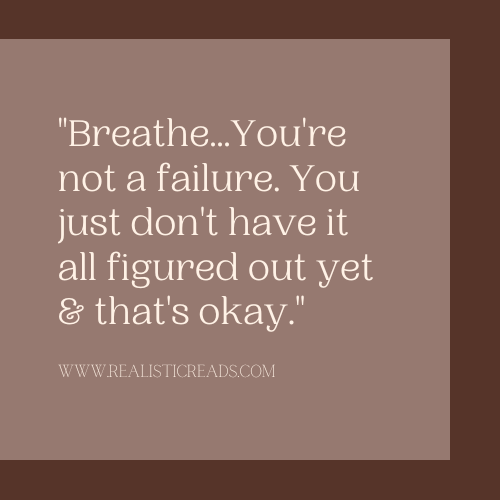
Just like mistakes, failure is a part of life. As you reflect in your letter, understand that these shouldn’t be carried on as disappointments. Let go of the pain this might have caused you by changing your mindset and the way you view failure.
19. Talk about your passion and the redirections in life.
Are you doing what you always wanted to do? If not, it is okay. Sometimes, life redirects you and it can be confusing. There might even be a time when you feel you have to start all over. Talk about these moments and how these redirections/changes have paved your current life.
20. Describe your most painful friendship breakups & friendships you kept.
Throughout your life, there will be those who are passing and those who are long-term. Did you have any of these experiences and how do you feel about them now?
21. If you were in a romantic relationship during the year you’re reflecting on, talk about your experiences whether bad or good.
An example of this will be feeling guilty about leaving a toxic relationship. Love is not enough to sustain relationships and certainly not, toxic relationships. On the other hand, you can talk about the moments that led to meeting your current partner.
22. Did you listen to yourself enough?
Self-care is essential to incorporate in various areas of life. Were you attentive to your needs and did you prioritize your health?
23. You can write about your finances during this time. Did it impact you in any way? Learned anything from it?
The letter to your younger self can also speak about financial experiences. You may have learned the importance of budgeting, investing, and saving during that time.
24. Talk about the importance of protecting your feelings and setting boundaries.
This is necessary to avoid unhealthy relationships. Highlight the time you established your boundaries and how this has helped you mentally and emotionally.
25. List the times you were able to reach out and ask for help.
Some people find it difficult to reach out and ask for help. Is this something you ever had trouble with? If so, which moment changed it?
26. Was there a defining moment for your self-love? If so, detail it.

Self-love can be different from one person to the next. Talk about what self-love means for you. For example, you’re more honest with yourself, you have self-respect, or you’re more trusting of yourself. If you’ve ever had trouble with loving yourself, what caused it?
27. Did you learn how to balance it all?
Life can become overwhelming, especially with personal and external expectations. A balanced lifestyle can be extremely helpful in reducing stressors and improving mental health. Provided that, how did you create balance in your life?
28. In detail, write about the time(s) you were engaged in people-pleasing behaviors.
Selflessness can be rewarding, but there is a downside when it becomes excessive. Being overly caring without boundaries can lead you to become a people-pleaser. Do you feel like you had this experience before? What would you tell your younger self about those experiences?
29. Talk about a time you felt abandoned, let down, or discouraged.
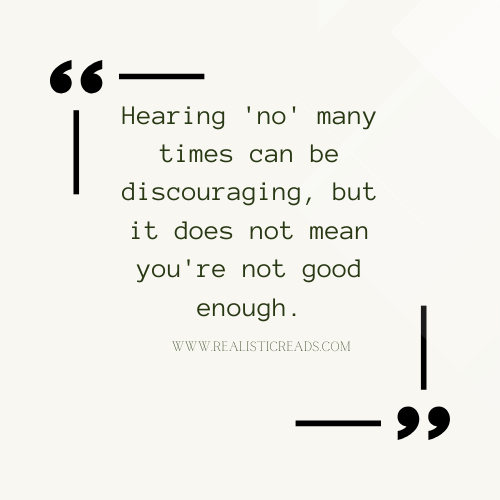
While realistic expectations can be healthy, they can also cause hurt when people don’t meet them. Have you been hurt by having high expectations of someone? Or, did you not meet the high expectations you had for yourself? Also, how did this change your approach?
30. Explore the positive qualities you’ve noticed during this time.
Writing these down can show you exactly what you find admirable about yourself. You can also elaborate on these qualities and talk about how they have helped you.





Leave a Reply